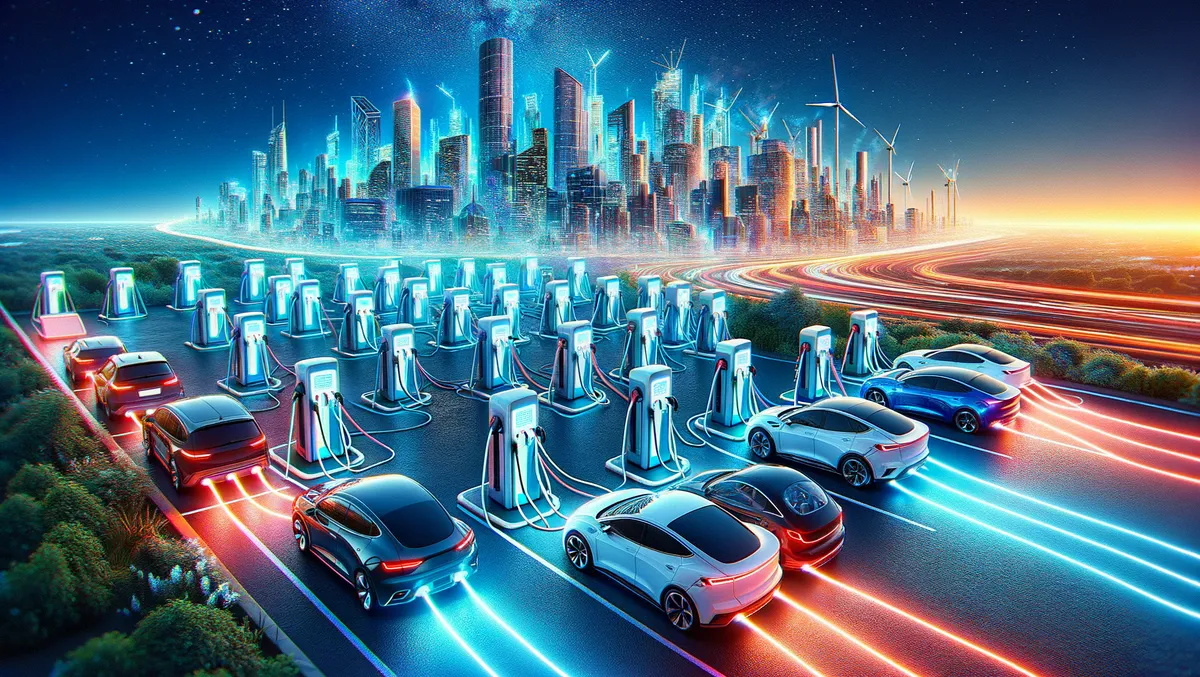
US Office adopts LF Energy EVerest for nationwide EV charging
The US Joint Office of Energy & Transportation, established under the Bipartisan Infrastructure Law, has adopted the EVerest open-source project from Linux Foundation Energy (LF Energy). It will serve as a reference framework for developing a nationwide electric vehicle (EV) charging infrastructure. The office was set up to offer expertise to various programmes focusing on EV chargers, zero-emission fueling infrastructure, and zero-emission transit and school buses.
The Linux Foundation Energy's EVerest project will help develop and maintain an open source software stack for energy communications across charging stations, vehicles, generation resources, batteries, adjacent chargers, power grids, backend payment systems, user interfaces, and mobile devices. The project is aimed at solving instances of incompatibility that arise from proprietary systems, thereby making charging more reliable for EV drivers.
Reliability of EV charging is crucial as it enables a larger number of people to confidently choose electric driving. Issues of reliability and interoperability crop up typically due to a lack of standardisation, which affects communication between the vehicle and charger, as well as payment processing. LF Energy's neutral governance structure, coupled with the collaborative development model offered by open source, will expedite the adoption of EVs and aid in the decarbonisation of transportation in the United States.
The Joint Office plans to dedicate resources to improve the EVerest project, including coordination, community engagement, and software code. The office has also assigned Dr. K. Shankari, principal software architect for the standards and reliability programme at the office, to the EVerest Technical Steering Committee. The committee is in charge of setting the direction for the project.
LF Energy Executive Director Alex Thornton said, "The EVerest project has been demonstrated in pilots around the world to make EV charging far more reliable and reduces the friction and frustration EV drivers have experienced when a charger fails to work or is not continually maintained. We look forward to partnering with the Joint Office to create a robust firmware stack that will stand the test of time, and be maintained by an active and growing global community to ensure the nation's charging infrastructure meets the needs of a growing fleet of electric vehicles today and into the future."
The EVerest software, an open-source modular framework for EV charging, consists of multiple modules which can be configured and customised for any necessary use case. It includes many major industry standards such as ISO 15118-20, and features flexible logic to connect all of them. LF Energy and the Joint Office will jointly hold a webinar on 29 January to further elaborate on this collaboration and discuss how other stakeholders can get involved.


